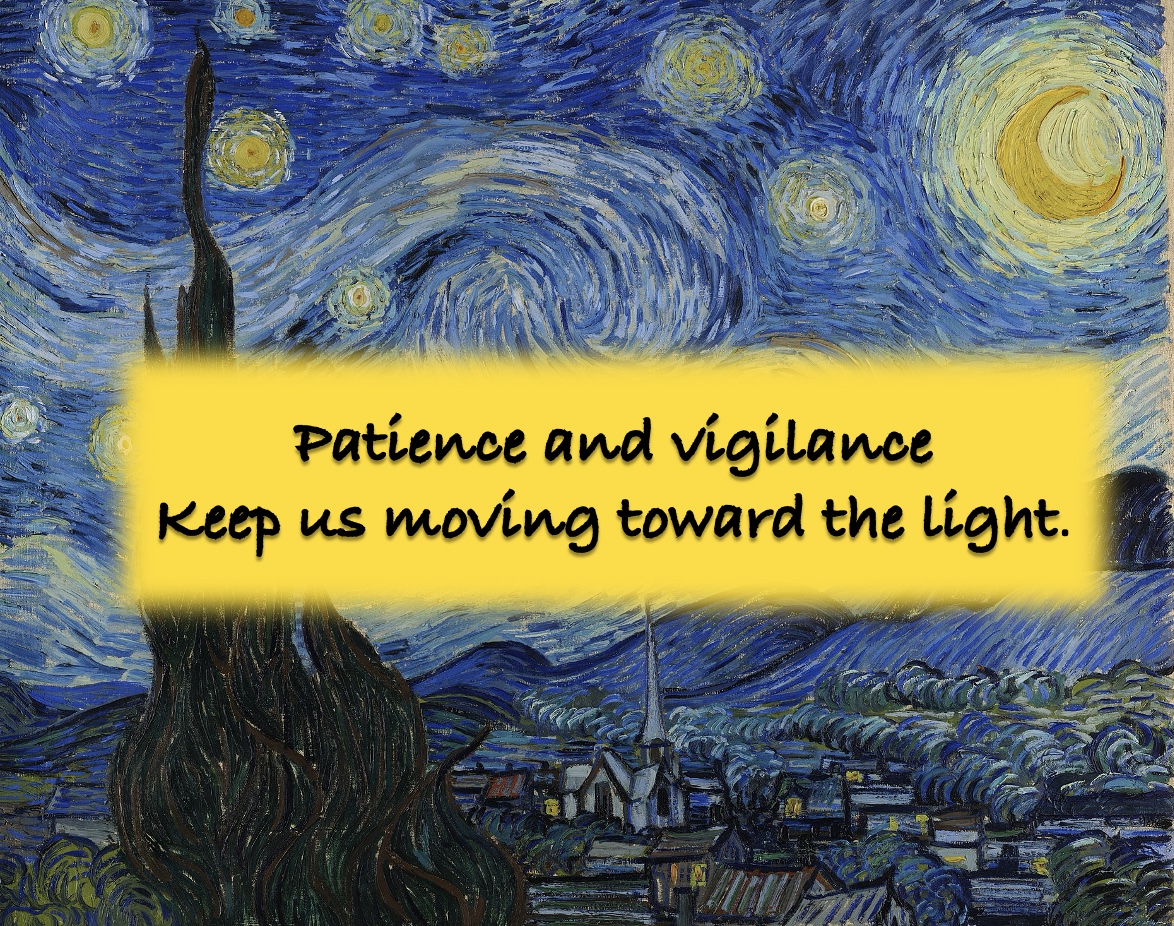Who guards the guardians? This age-old question points to a fundamental problem in social life. Powerful institutions can be corrupted by bad actors. Oversight depends upon the virtue and vigilance of those who guard the guardians.
Oversight systems should clarify shared values, shed light on misdeeds, and take action to remove bad actors. Of course, this can become problematic, when partisans and cronies engage in cover-ups or refuse to remove the bad apples. Sycophants create elaborate defensive maneuvers. Bureaucratic procedures impede investigations. And sometimes the bad guys skate away.
This happens in the halls of justice, beneath the academic ivy, and behind the stained-glass curtain. Bad cops get away with murder. Perverted priests are shuffled about. Terrible teachers receive tenure. Lawyers and doctors do dumb and dangerous things. And corrupt politicians get pardoned.
Stories of failed oversight can produce deep cynicism. We are rightly appalled by moral failures in churches, schools and governments. It is frightening when the sheepdogs go bad and start preying upon the sheep.
Some cynics choose to trust no one in authority. But radical suspicion is dangerous and dysfunctional. If you suspect that every doctor is a lying cheat, you’ll ignore legitimate medical advice. If you think that all politicians are corrupt, you’ll stop voting. If you are wary of cops and teachers and other authorities, you’ll end up living in an outlaw limbo.
The cynics remind us that trust has to be earned. But trust is rational, much of the time. We make a leap of faith about the sanity and skill of other drivers, every time we get behind the wheel. Usually this works out well enough.
And despite cover-ups, failures, and delays, oversight systems can work. But they only work when leaders lead with integrity and when the rest of us demand accountability.
There are reassuring stories. This week in Fresno, the chief of police and the mayor (who is the former chief) spoke out against racist cops in the police department. The chief, Paco Balderrama, said, “Fair and impartial policing are extremely important in our society. There is no place in our police ranks for any biased, racist, or anti-Semitic views.”
Or consider the growing outrage about the governor of New York. Instead of circling the wagons to defend Andrew Cuomo against charges he sexually harassed multiple women, leading New York Democrats called for him to resign.
This is how oversight ought to work. Allegations of wrongdoing must be taken seriously. Leaders must articulate fundamental values. They must demonstrate their concern for ethics and the truth — in words and action.
This seems simple and obvious. But problems remain. Those who best guard the guardians are also those who possess the requisite expertise and experience to do that job. This often makes them part of a small, tight-knit fraternity. It is easy to give friends and colleagues the benefit of the doubt. And in politics especially, there are self-interested reasons for covering-up wrongdoing.
Plato proposed an ideal solution. He wanted only the wisest and most virtuous people to serve as guardians. But this solution requires another leap of faith. Philosopher-kings will be tempted to abuse their power. And who will hold them accountable or remove them when they become tyrannical? Plato left that unexplained.
The modern American solution points in a different direction. Instead of concentrating power in the hands of a small group of guardians, we spread the oversight power in a more democratic fashion. This is our celebrated system of checks and balances, intended to prevent bad actors from consolidating power.
This clunky system prevents tyranny. But it does not necessarily work to regulate doctors, teachers, and other non-elected authorities.
This is where professional ethics comes in, along with external oversight and legal liability. Professions are mostly self-regulating. Doctors supervise other doctors. Professors certify other professors. And so on. Much depends on the virtue and wisdom of the professionals themselves. But external auditors and lawsuits also shed light.
At the end of the day, in a democratic country, oversight depends upon what “we, the people” demand. Who guards the guardians? Well, we do — in our professional lives and in the voting booth. Cynicism won’t improve the world. Only virtue and vigilance can do that.


